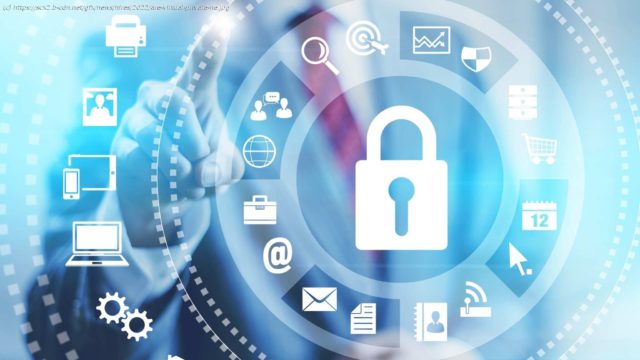In countries where internet censorship and surveillance are government policy, online security is crucial for at-risk users. Journalists, activists, politicians and others with a prominent online presence can face dire consequences .
October 12, 2022
In countries where internet censorship and surveillance are government policy, online security is crucial for at-risk users. Journalists, activists, politicians and others with a prominent online presence can face dire consequences for even the websites they browse.
Virtual private networks, or VPNs, are designed to keep users’ data protected from surveillance, but whether they do what they claim is of utmost importance to those whose lives can depend on their effectiveness. The ability of VPNs to protect users also inspires the research of Jedidiah Crandall, an associate professor of computer science at Arizona State University.
Crandall explains that VPNs conceal your internet protocol, or IP, address by linking it to a different server than your own and making it seem as though you’re accessing the internet outside of your normal network.
“VPNs were originally designed to get into a secure network, but companies have repurposed them so you can escape a restrictive internet service provider that you don’t trust and access a free and safe one instead,” Crandall says. “So, the way that people use VPNs today is kind of backwards.”
Crandall notes that this access is helpful when users are worried about their browsing data being monitored though their internet service provider, or ISP, or when users are in a country that censors their internet content.
Resources like OpenVPN, a leading global private network and cybersecurity company, and the most popular resource for commercial VPN services, boast access to tools that quickly and easily connect to private networks and safeguard assets.






